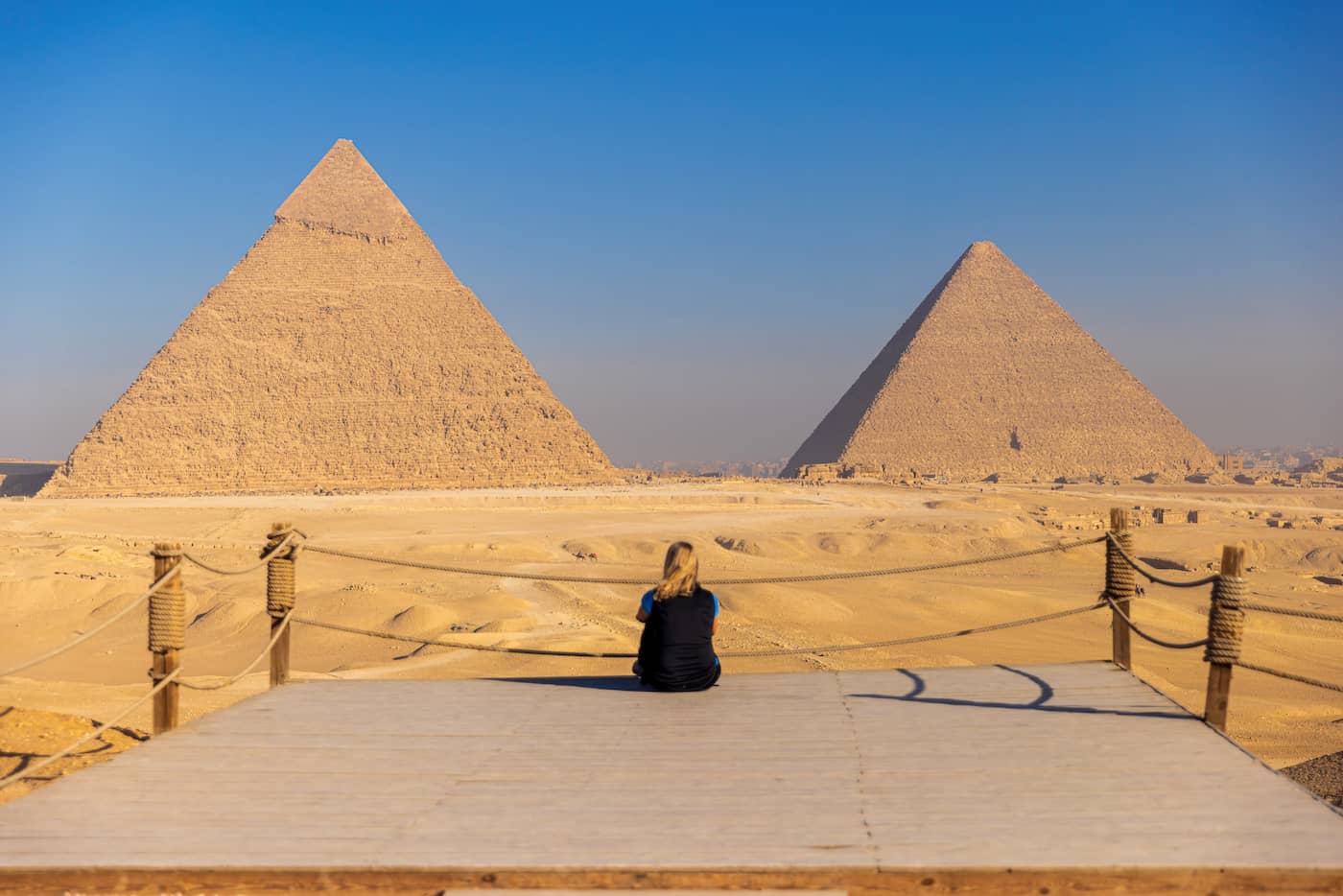What was Anubis god of?
1Journey of the Death in Ancient Egypt
What was Anubis the god of? Several civilizations glorified the death like the ancient Egyptians. Ancient Egyptian rulers were buried inside giant pyramids especially in the fourth dynasty, as unique monuments were raised around their graves and rituals got their souls ready for a traitorous journey into the afterlife, where the mighty god of death protected the gates to a unworldly sanctuary. So, let’s explain more about the god of death in ancient Egypt and the reason why the Egyptian ancient civilization so indulged in the preservation of the dead. The ancient Egyptians were believers of the immortality of the soul and that its existence on life was only a matter of time on its journey to a heavenly realm called the Field of Reeds, where the souls of the dead got into the paradise eternally with great feelings like being free of sickness, disappointments, and vulnerability.
The Field of Reeds: Ancient Egypt’s Peaceful Paradise Beyond Death
Referring to the scenes and engravings of the ancient Egyptian tombs, the field of reeds was a shelter of agriculture, and through its heavenly gateways, the souls of the deceased had a walk along the banks of the Nile, slept in peace under the branches of shady trees, and gained the rewards of their lives. The field of reeds was a peaceful paradise restrained for the good and the purity of heart.
Before anyone could go to the field of reeds, souls had their journey from their tombs into the afterlife, and most of them crossed the traitorous halls of the underworld on foot, but many kings and pharaohs crossed on ships that handcrafted imitating god Ra of the sun, who had his journey to the underworld each time the sun set. Each soul of the workers and Pharaohs are even and assembled in the hall of the truth, where they can have their judgment by the lord of the underworld, the god of death, “Anubis.”
What was Anubis the god of?
Anubis was not only a conductor of souls, a superior, an creator, and a caretaker, but he was also the god of death, mummification, and the afterlife and the protector of the graves.












